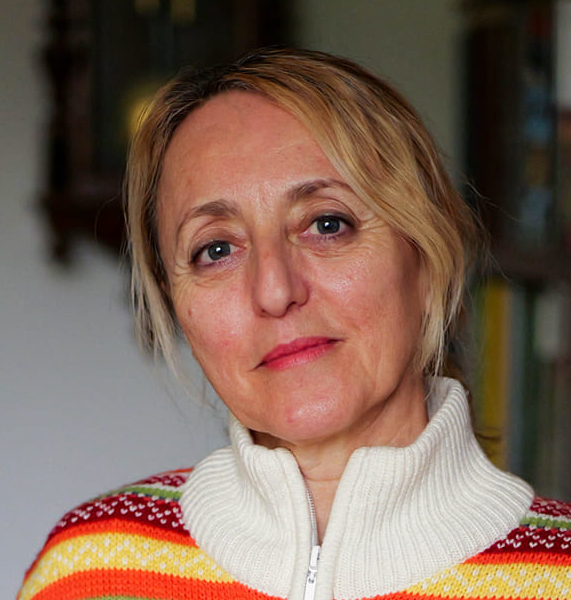On March 8, Minister Daniel David said that if all proposed subjects were included, “probably from 8 to 8 you’ll have to stay at school,” triggering swift criticism from unions and parents who dismissed the idea as impossible without adequate space and hot-meal programs.
Romania’s Education Law no. 198/2023 does mandate an eight-hour day for teachers, but includes prep, remedial work, and class management—not just lecturing. David emphasized that “the norm isn’t just teaching, but also consolidation and remedial activities,” and assured that the new curricula would lead to staff growth, not cuts .
Ovidiu Voicu, director of the Center for Public Innovation, sees this as an opportunity to shift the paradigm: “An ‘8-hour school’ should be an ambitious government program for students, not just extra clock-time for teachers.” He proposes mornings focused on core classes, a socially-differentiated hot lunch, and semi-personalized afternoons with remedial lessons, vocational electives, and civic education. “This reduces homework stress, simplifies parents’ lives, and keeps teachers within their norm, since afternoon supervision counts toward their hours,” Voicu explains.
A pilot in Cluj-Napoca offers proof: 2,474 students already receive daily hot meals through the “O masă sănătoasă” (“A Healthy Meal”) program, with the municipality reporting improvements in attendance and performance. Voicu adds that scaling this nationally would require new urban schools, rural logistics, and a redefined teaching norm: “It costs, but it’s more cost-effective than stadiums and bridges to nowhere.”
As the Ministry tries to balance budget constraints with union demands, the ball remains in policymakers’ court. Voicu warns: “If missing this reform was always just a campaign excuse, now there’s no room to dodge: either we invest in an 8-hour school for students, or we keep losing them between split shifts and extra tutoring each day.”
